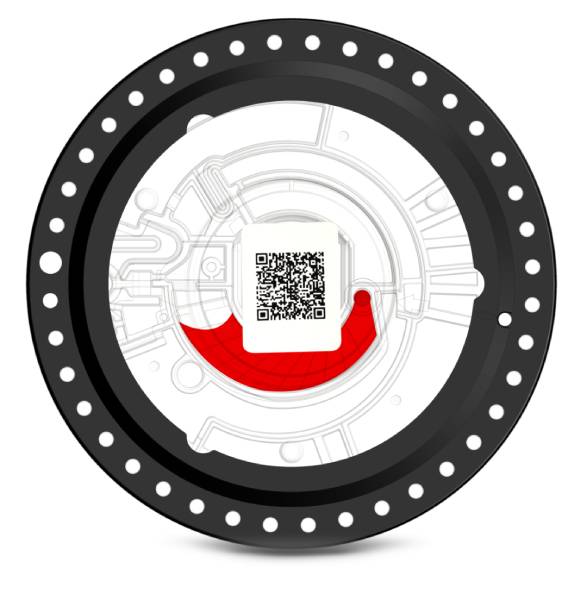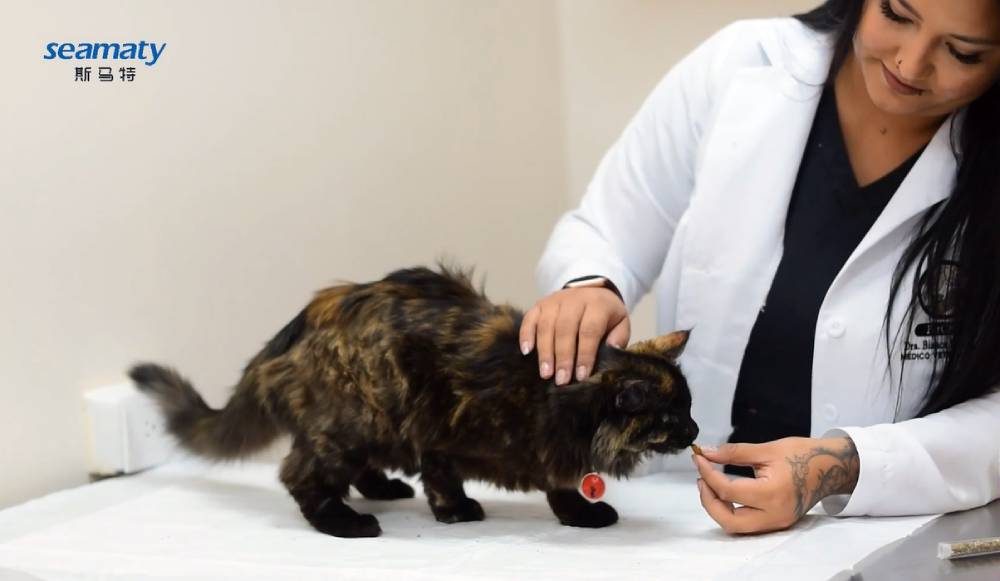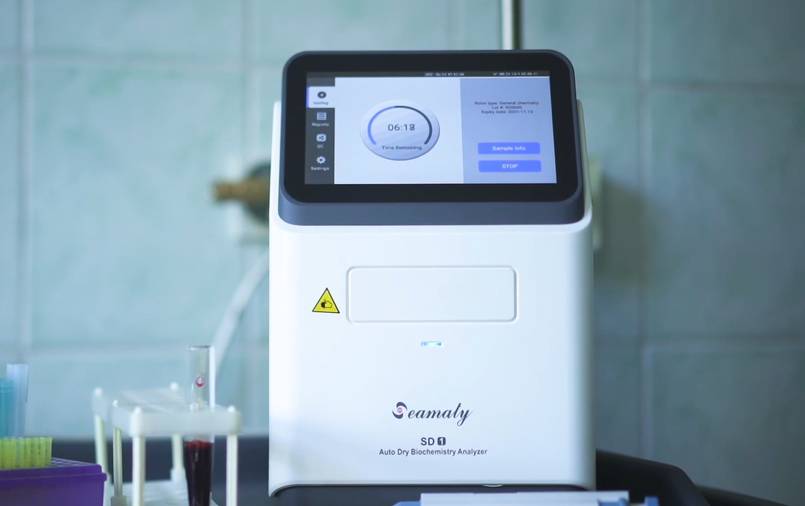release time:2021-08-12 10:41:08


2021-12-29
Veterinary biochemical testing is the testing of multiple chemical components within a sample. The levels of these chemicals reflect many conditions in various organs of the body. Most veterinary biochemical tests measure blood electrolytes and assist in the diagnosis of liver, kidney and pancreatic disease.

2021-10-26
Young animals are in an active developmental stage. Some biochemical indicators of normal young animals may not be in the reference range of adult animals. The skeletal metabolism of young animals is active, and skeletal growth increases the secretion of alkaline phosphatase (ALP) by osteoblasts, so that ALP activity is higher in growth-age animals than in healthy adult animals.

2021-10-19
Clinical testing is testing in hospitals, and POCT testing can be performed in emergency rooms, wards, operating rooms, monitoring rooms, and other locations. It complements and coordinates with clinical testing laboratory tests. They work together to serve the diagnosis and treatment of patients.